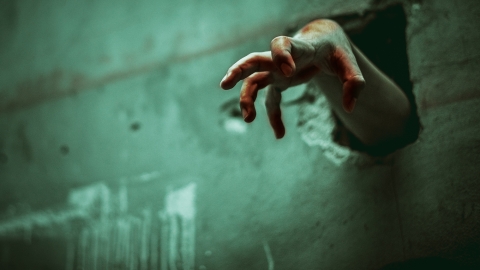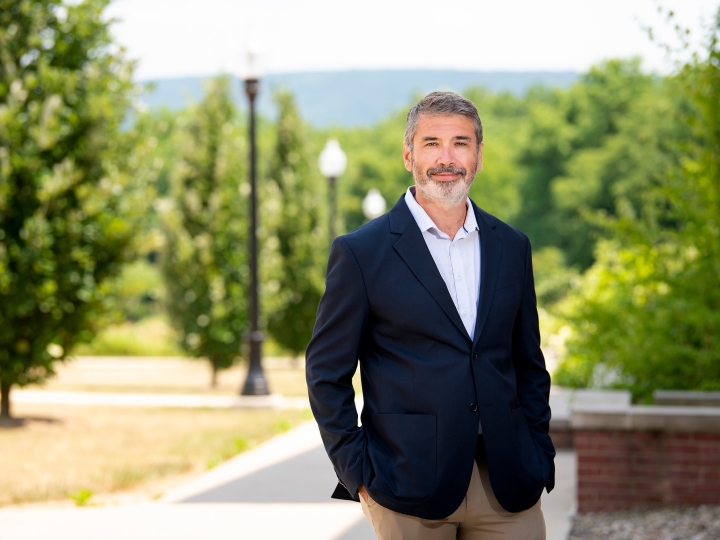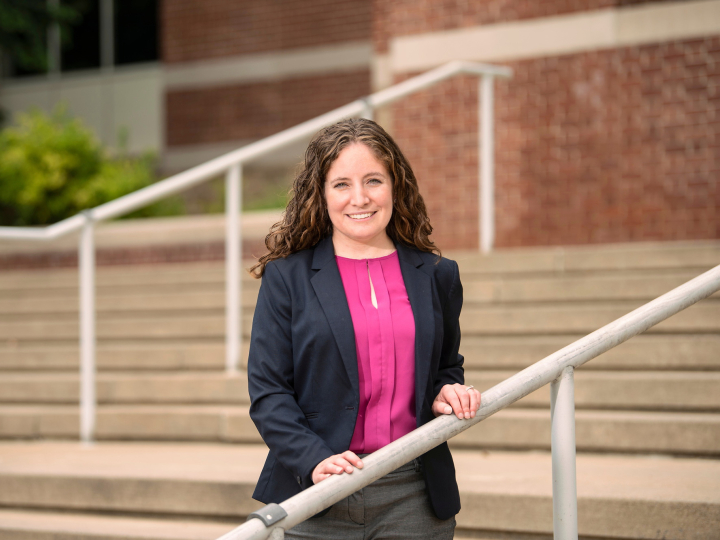
Cool Classes: Zombies, From Slavery to Pandemics
June 19, 2020
What class?
ANTH 234: Zombies, From Slavery to Pandemics
Who teaches it?
Professor Clare Sammells, anthropology
Why is it cool?
Students may enroll in my class on zombies expecting the cheap thrills of fake blood, gory makeup and low-budget monsters. Instead, they delve into topics such as racism, slavery, colonialism, U.S.-Caribbean relations and global pandemics.
Zombies are part of the folklore of Haiti, rising from the experience of slavery. According to legend, these creatures had their souls stolen and were forced to work endlessly in sugar plantations, finding relief only in death. They served as a powerful symbol in the 1791 Haitian Revolution, a slave uprising that established Haiti as the second independent nation in the Western Hemisphere and the first nation in the world to abolish slavery.
With the U.S. invasion of Haiti in 1915, zombies entered U.S. popular culture through sensationalized travel literature, such as William Seabrook's "The Magic Island," and the very first zombie film, "White Zombie," produced in 1932. Now, zombies can be found in television shows, music videos, board and video games, survival guides and more.
In this class, students watch and read about zombie films made throughout the early 20th century to the present, tracing the transformation of these monsters into a global symbol used to analyze, critique and sometimes ridicule the world. From gruesome cannibals to rom-com heartthrobs, students learn to identify major themes that zombies have been used to explore: mindless consumerism; the abuses of radiation, science, medicine and the military; cyber warfare; financial collapse; racial and gender inequalities; and even human nature itself.
In light of the COVID-19 pandemic, films that treat zombiism as an illness are perhaps more relevant than ever before. The very format of the class, which is being taught online this summer, emerges from a fear of global infection that many contemporary zombie films spotlight. In these stories, we see the living transform into the undead through some sort of infectious disease, whether bloodborne, airborne or spread through other means. Some of these narratives are explicit in asking how we value the lives of those who are sick — a pertinent question as we struggle to balance the worth of lives against the desire to "go back to normal."
At the end of the course, students leave with not only a greater understanding of the role of the zombie in popular culture but also a new appreciation for how even the schlockiest monsters can tell us a great deal about ourselves. — Clare Sammells

